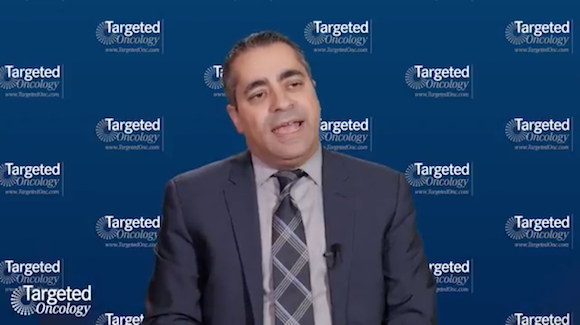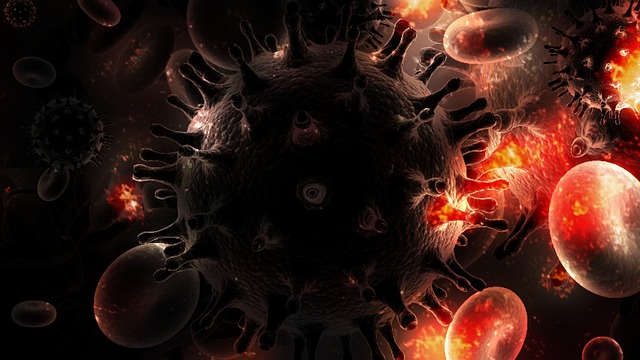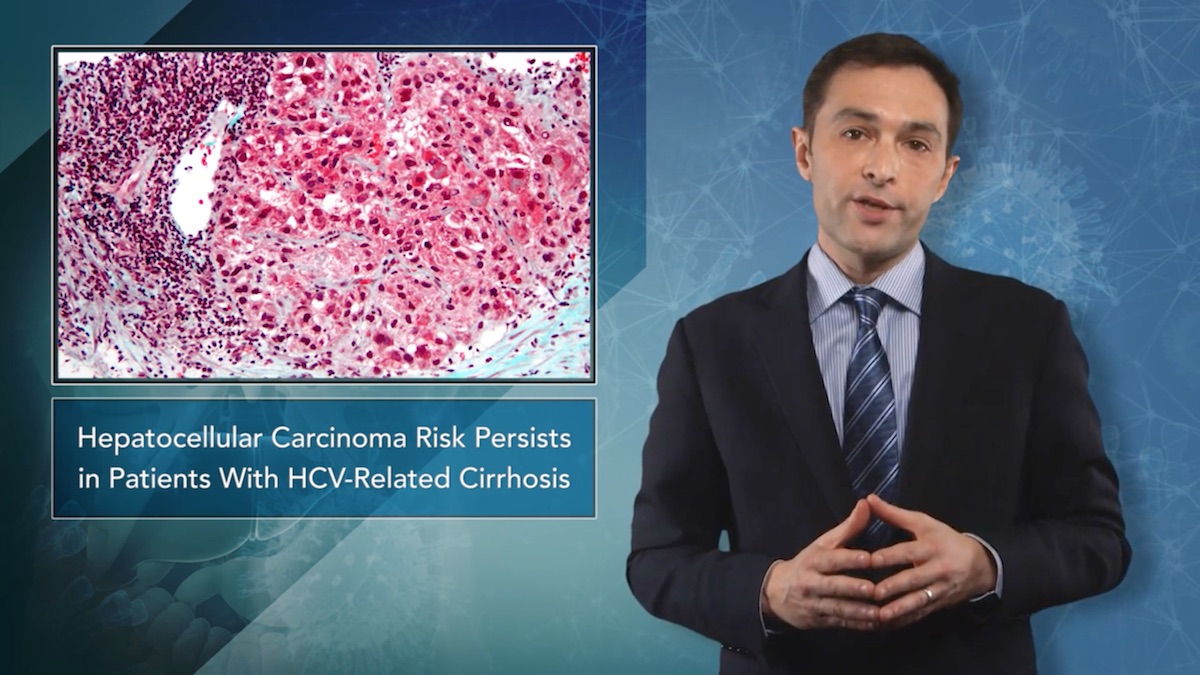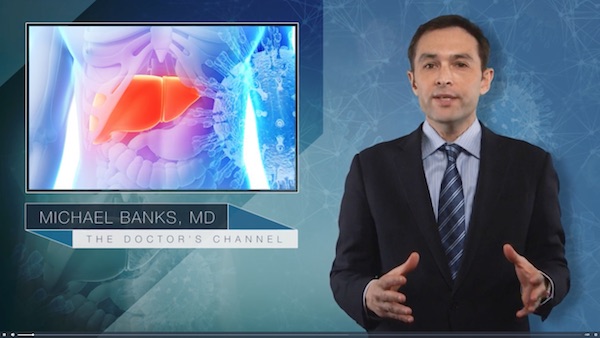Although HCV-related cirrhotic patients can achieve a sustained virological response (SVR) to IFN-based anti-HCV therapy, the risk of cirrhosis regression and liver cancer may still exist. A long-term follow-up study recommends that cirrhotic patients who achieve an SVR to anti-HCV treatment should continue with regular observation for hepatocellular carcinoma (HCC).1
This study reports cirrhosis regression in 61% of patients after a 5-year follow-up post-SVR, and at 86 months, liver cancer was the only liver-related problem. The development of HCC in SVR patients with cirrhosis regression highlights a requirement for change in how to manage SVR patients for residual liver fibrosis; the authors recommend tailored, ongoing surveillance.1
Risk of liver cancer among SVR cirrhotics was not fully diminished in regressed patients which supports the use of lifelong surveillance, the authors note. Survival rates in cirrhotic patients with SVR were comparable with those of the general population, and not linked to HCC occurrence or residual fibrosis stage.1,2,3 References 1. D’Ambrosio R, Aghemo A, Rumi MG, et al. Persistence of hepatocellular carcinoma risk in hepatitis c patients with a response to ifn and cirrhosis regression. Liver Int. 2018. doi: 10.1111/liv.13707. [Epub ahead of print] https://www.ncbi.nlm.nih.gov/pubmed/29377616 2. Bruno S, Di Marco V, Iavarone M, et al. Survival of patients with HCV cirrhosis and sustained virologic response is similar to the general population. J Hepatol. 2016;64:1217-1223. http://www.journal-of-hepatology.eu/article/S0168-8278(16)00075-1/fulltext 3. Bruno S, Di Marco V, Iavarone M, et al. Improved survival of patients with hepatocellular carcinoma and compensated hepatitis C virus-related cirrhosis who attained sustained virological response. Liver Int. 2017;37:1526-1534. https://www.ncbi.nlm.nih.gov/pubmed/28418617






